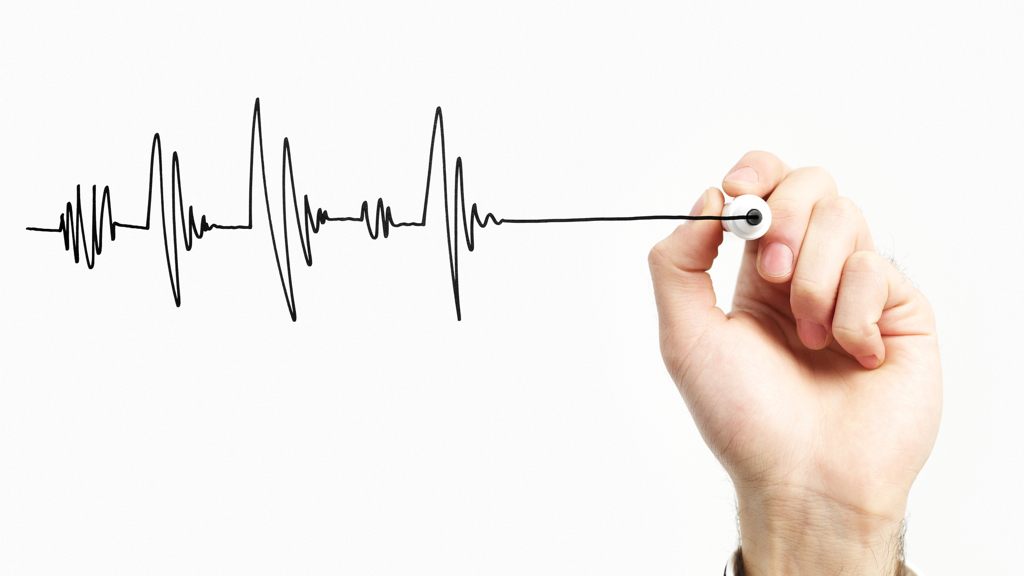How do you distract yourself?
Datum: 2021-09-08 12:17

As most of you know, one way to easily get distracted at work is to do many things simultaneously or to switch tasks often. The phenomena is commonly referred to as ”multitasking”. The constant changes in focus and task takes time and over all we will actually get less done even if we perceive it as we are ”getting many things done at once”.
Unlike when we are getting interrupted by others, for instance colleagues popping their heads through the door, we are the ones interrupting ourselves in the middle of completing a task when we deceivingly think we are ”multitasking”.
If you want a more vivid and elaborate illustration of how multitasking is more of a problem than a solution, then Harvard Business Review has created a nifty visualization where they compare a focused person with someone who multitasks during an average workday. You can see this visualization here.
Another version of multitasking is all the times during the day when some of us ”drift off” doing other things than working on the task we really need to get done as soon as possible. We check our e‑mail, read the news, check Facebook, look for some new music to listen to while working, google something, find something we actually were not looking for but which is interesting anyway and before you know it more time than you could afford has elapsed. Again.
Identify your traps
If we from now on do not wish to multitask as much as before, how can we then change our behavior and working-methods? Being honest to ourselves regarding what we distract ourselves with is a good start. Knowing this we will be able to make conscious decisions when in danger of drifting off due to one of these distractions.
When you feel ready to start practicing focusing on one single task for longer periods of time than you are used to focusing, write down what you either start doing or what you are tempted to do instead of working on the task.
Do this
- If you want to, decide that you will note all the things you distract yourself with as they arise in the next hour.
- How will you make note of your interruptions?
- On a note beside your computer?
- In a document in Notes (Windows) or in the Texteditor (OS X)?
- In a spreadsheet?
- Start working on your currently most highly prioritized task.
- As soon as you catch yourself drifting off towards doing something else, make a note of what you choose to do instead and even write the time if you so want. Get back to the task as soon as you catch yourself.
- Now make note as soon as you are even tempted to do something else, what this something was and perhaps at what time. Go back immediately to the highly prioritized task.
- When you come to think of something you mustn’t forget later, write it down so that you can let it go for now. Even if you then have to write down what you thought of twice (now in your chosen logg-book format, and later in the to-do-list), it is worth it since you otherwise risk seeing something on your to-do-list that catches your attention and — whoops! — you are distracted and suddenly find yourself doing something other than your initial task.
- When the hour is over look through your notes.
- Does a particular kind of distraction occur repeatedly? If so, could you make it more difficult to access it? Could you turn off that particular program? Could you physically move what keeps attracting your attention away from sight? Could you put your phone on mute?
- Were some of the distractions or interruptions actually relevant to the task you were working on? If so, leave them be.
- Are there any distractions not on your list which you are glad you didn’t drift off to? Good for you!
- Did any of your interruptions consist of great ideas on how to refine your working-methods or about a new tool you could use in the future? If so, then write them down somewhere where they are safe and will get dealt with some other time. If it was regarding something you can do within a workday, create a to-do-task out of it. If it takes longer to do or implement, put it on your project-overview.
- Practice focusing in this way again and again. Keep statistics on for example how long you can focus on a chosen task before being distracted the first time in a work-session. Create a graph that illustrates how you are getting better and better at remaining concentrated (that is, how many minutes you remain focused until being distracted the first time).
Knowledge is the power (to change)
If you make note of what distracts you and draw conclusions from what you find, you are taking concrete steps to becoming more effective and structured. You will follow through and complete more tasks and thoroughly enjoy checking them off your list (and will get to tick things off the list more often as well). You will strengthen your ability to concentrate whenever you need to.
How do you focus?
What is your method of ensuring that you can focus on one task at a time and for a longer period of time? Perhaps you have tried the Pomodoro-method? Tell me!




